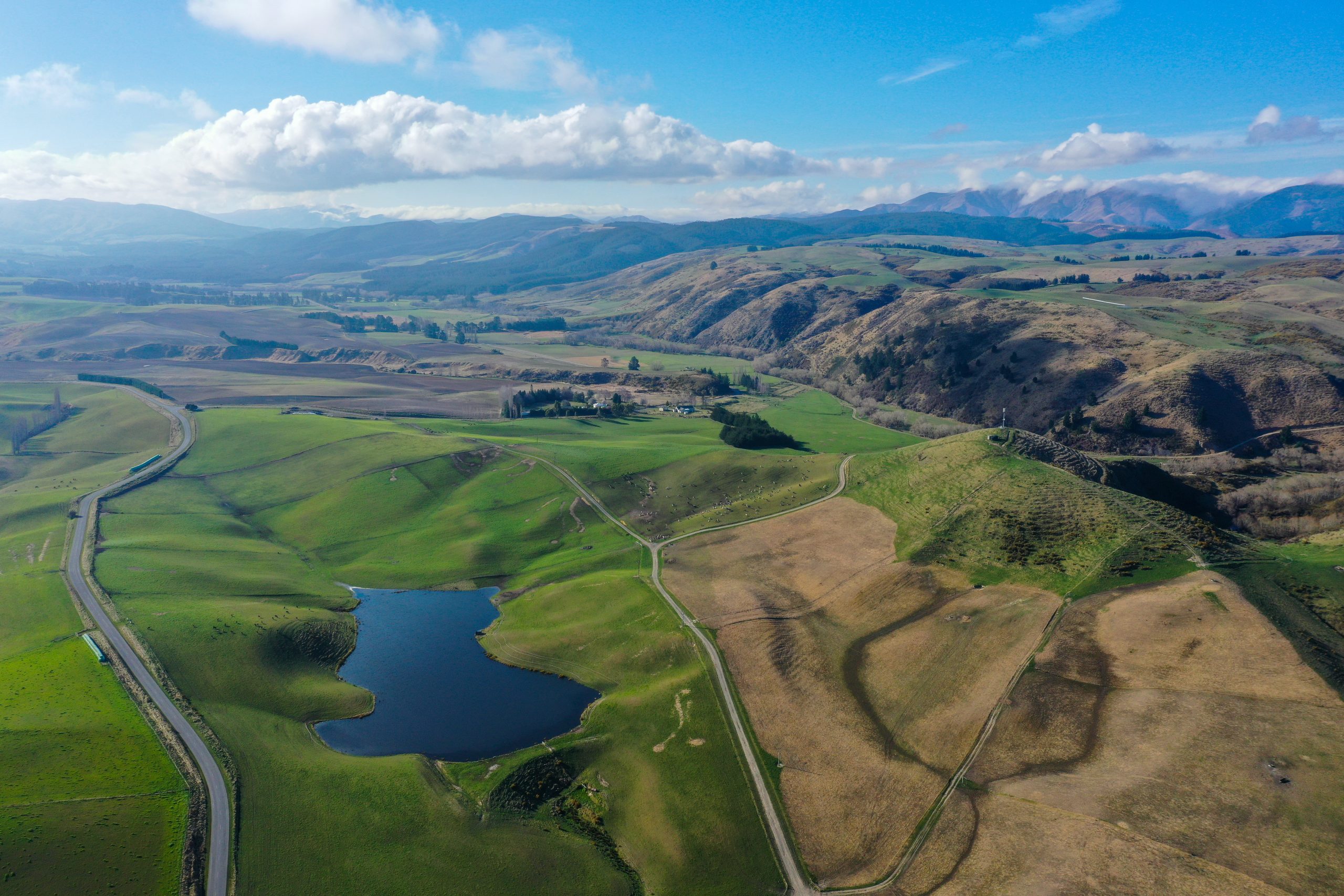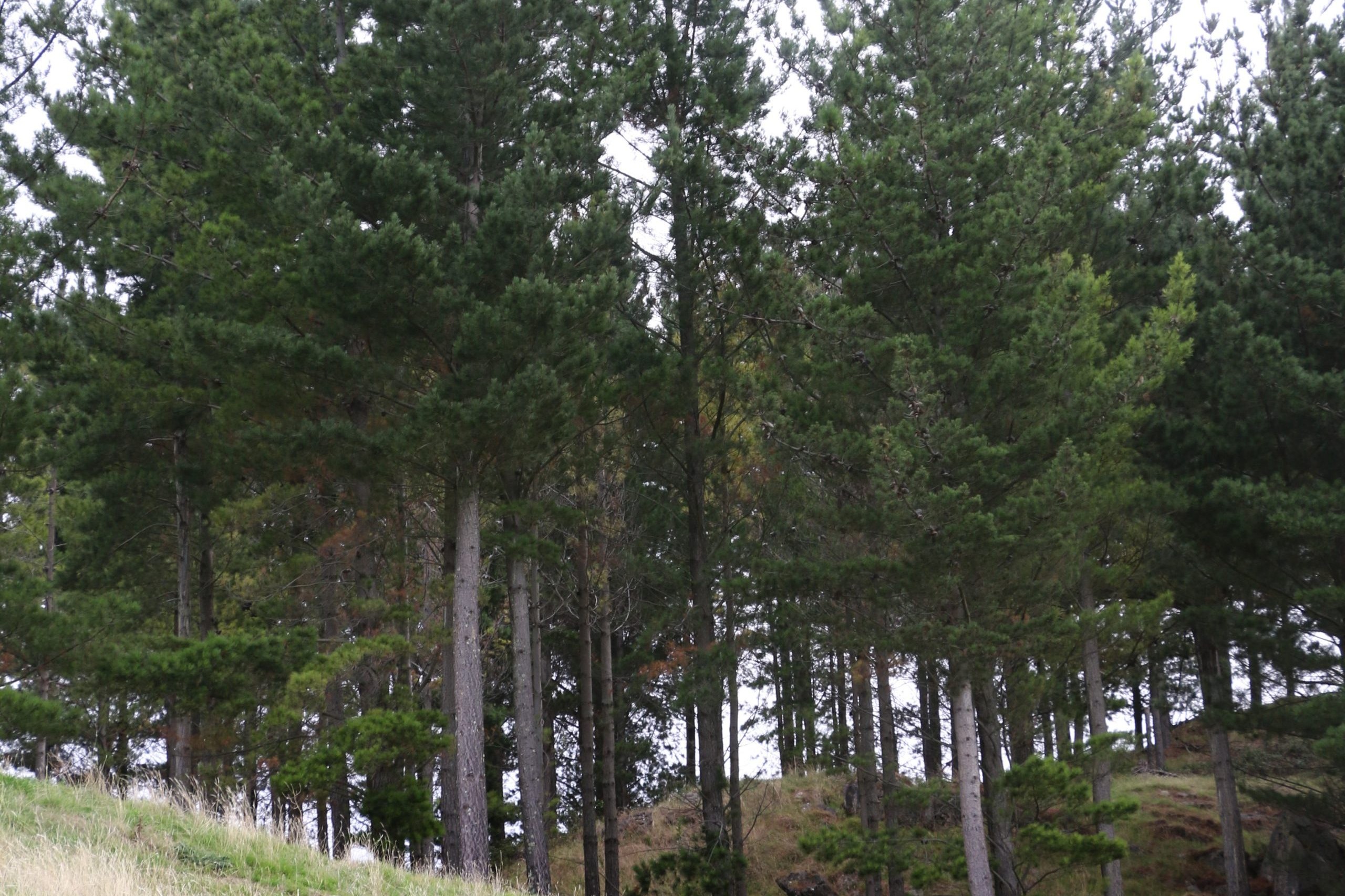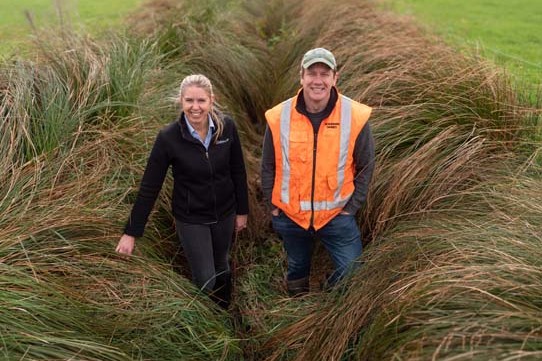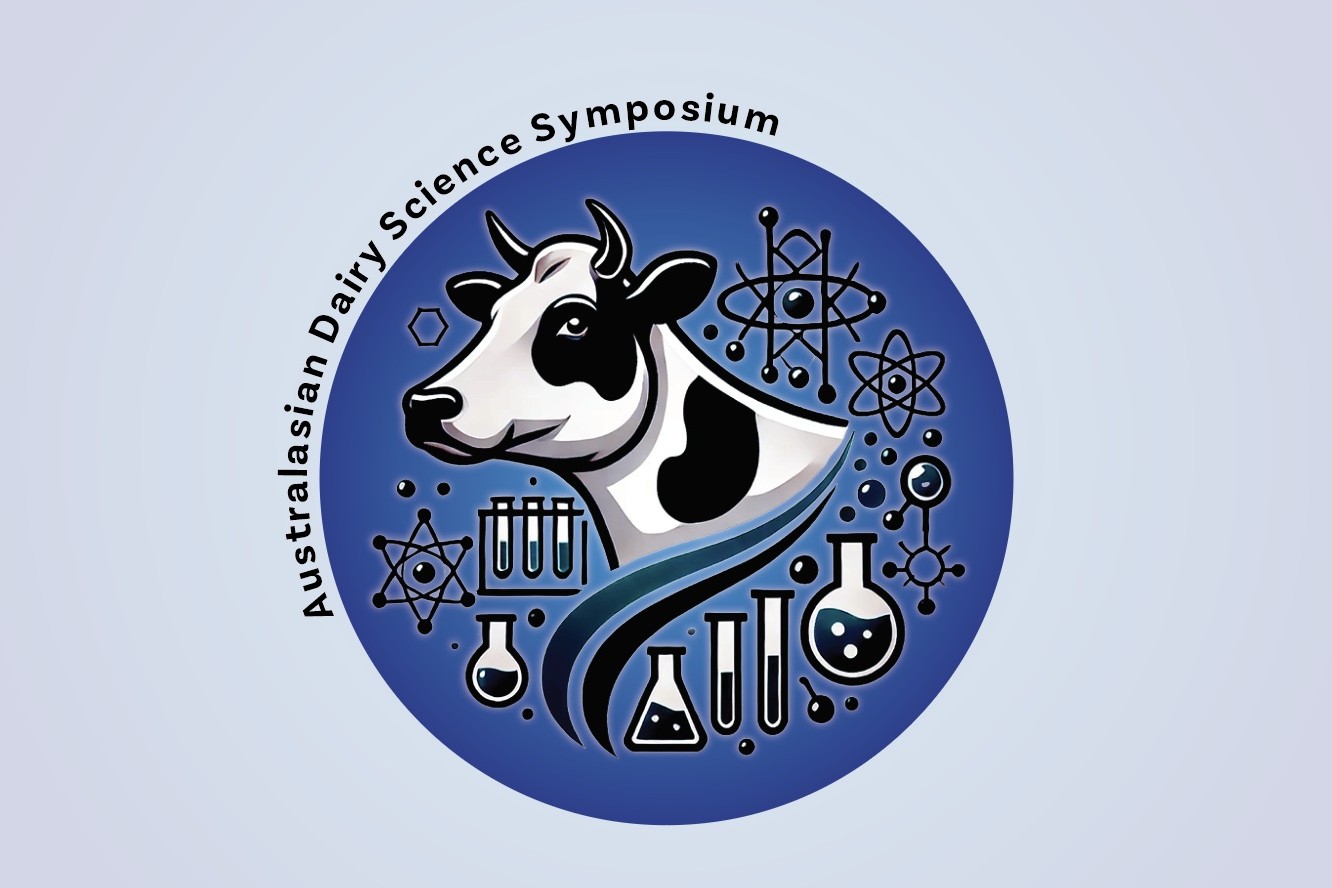Focusing on Coast farmers
West Coast farmers are spread throughout a region stretching more than 500km, with few rural professionals to help with the complexities of environmental regulations.
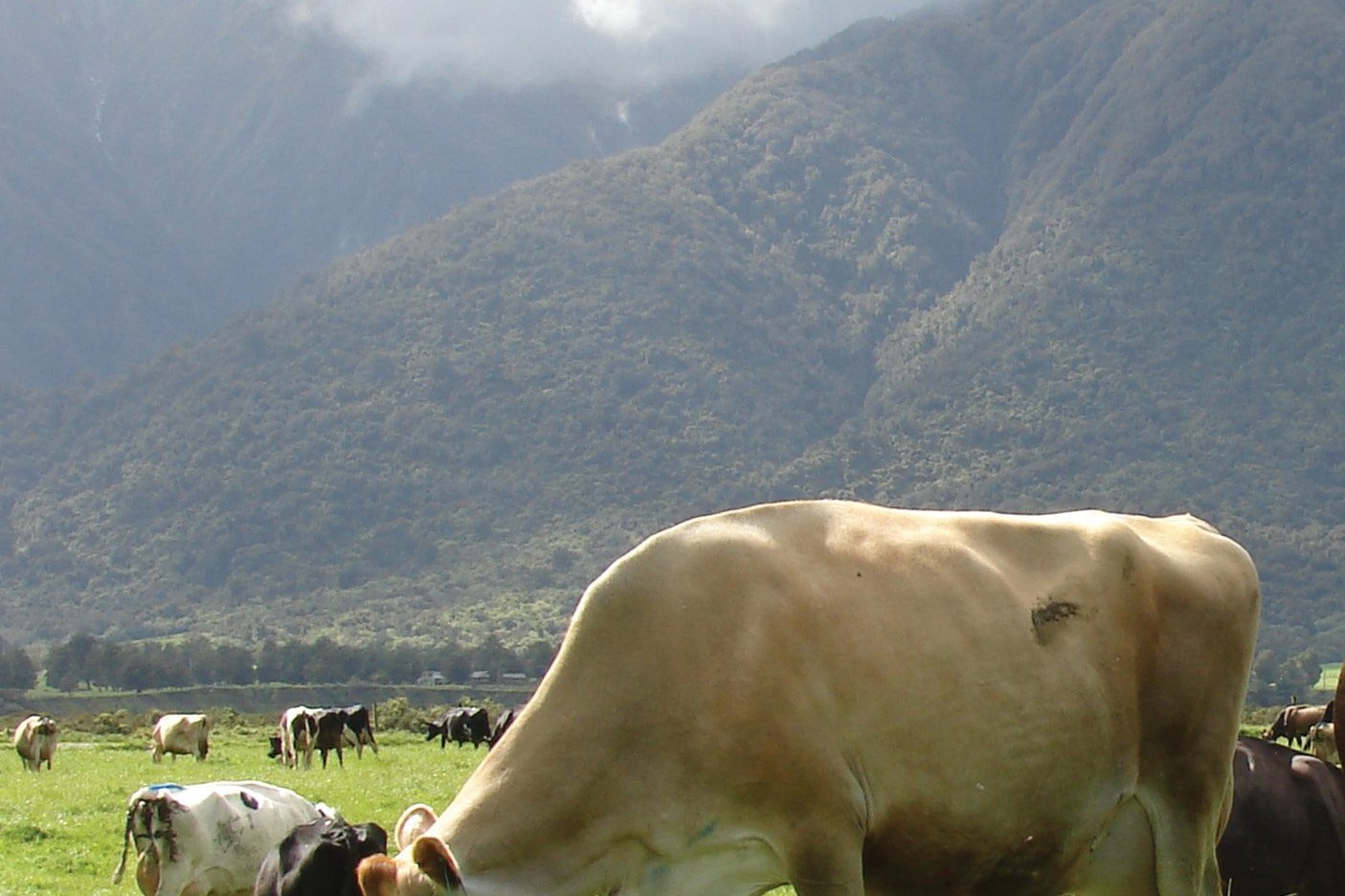
West Coast farmers are spread throughout a region stretching more than 500km, with few rural professionals to help with the complexities of environmental regulations. Now they are going to benefit from a $1.85 million project that will work alongside them to develop an integrated approach to farm planning that is designed to make farm management easier.
The West Coast Focus Farm Trust has been working on ways to enhance farming capability in the region for nearly 20 years and has recently gained funding from the Ministry for Primary Industries’ Integrated Farm Planning Accelerator Fund. This funding will support the West Coast Farm Planning Project for the next four years to help the region’s farmers bring all their farm planning requirements into one place.
Trust chair, Christopher O’Malley says farming is becoming increasingly more complex and both farmers and industry professionals are struggling to keep up with changing requirements. He says farmers are already busy running their farms and being an active part of family and community life. Often the hardest part is knowing where to start.
The trust’s goal is to use the West Coast Farm Plan Project to help farmers not only understand the existing and pending requirements for farm plans, but also put them in a position of confidence in an ever-evolving industry.
Christopher says getting farmers together to solve problems is one of the most successful ways to find solutions on farms. It also helps to simplify regulatory language into practical farm talk. He says farmers need to wade through considerable jargon to interpret environmental regulations and that is time consuming and hard work, whereas working together gives them the chance to discuss the real issues and find practical solutions.
Project lead, Lyn Carmichael, says the project will take a whole-farm approach to farm planning, streamline compliance, reduce duplication, and provide a structured approach for farmers to review and demonstrate their onfarm performance.
It builds on the successful Whataroa Freshwater Farm Plan pilot that ran workshops over four months last year to help 16 South Westland farmers prepare for their freshwater farm plans and learn about greenhouse gas emissions.
Participants from the Whataroa programme have been the strongest ambassadors for extending the pilot across the wider West Coast and the project has received good levels of farmer interest for upcoming programmes, she says.
Now that funding is secured, the project will offer workshops, discussion groups and one-on-one support across the West Coast region. The intention is to hold workshops in locations with good facilities to allow effective delivery to farmers, spread out around the region so they are close enough for farmers in each locality to attend during the middle of the day.
The projects will follow the Whataroa pilot’s method of combining workshops with online learning which Lyn says suits farmers who may not be able to attend every workshop because of farming demands. Workshops will run during the middle of the day and include lunch and time for discussion among farmers to learn from each other.
By engaging with councils, technical and local expertise, the project will develop West Coast-specific templates and information specific for the region’s farmers. Importantly, Lyn says, it will build on farmers’ expertise and understanding of what works on the West Coast and use that to develop practical solutions to meet requirements and improve outcomes. If needed, the project will also collaborate in research and development to fill knowledge gaps. While environmental regulations pose the biggest hurdle for farmers, the project is looking at whole-farm planning which includes health and safety, people management, biosecurity, animal welfare, biodiversity, adverse events alongside the obvious freshwater management and greenhouse gases.
DairyNZ, Beef+Lamb, Deer Industry New Zealand, and Westland Milk Products are all involved in the project, with the latter contributing significant amounts of staff time and resources to developing learning materials and providing training support for the pilot workshops in Whataroa.
Westland Milk Products business development manager Taane Johnsen will provide programme management and technical liaison for the project. He says the company has committed support throughout the four-year delivery of the wider project and to collaborate on the integrated farm planning modules to ensure they meet processor and farmer requirements.
He does not expect every West Coast farmer to step up for a workshop this year but is hopeful good numbers will make time to attend, especially as the only cost to farmers will be their time.
During the Whataroa pilot, 16 farmers registered and often workshops had more than 25 people attending because both farmers and staff were welcomed along. Taane says that brought important and differing perspectives to the discussions.
The project team has been approached by farm employees wanting to be involved in upcoming workshops and he encourages employers to give them time to attend.
He says the more farm employees know about the key aspects of farm planning, the easier it will be to have a successful farm plan.
The project team will be at the West Coast agricultural shows over the summer to talk with farmers and gain their input in further developing the project plan. Lyn says the trust is keen to hear what farmers want from the project so they can continually review and adjust the delivery to meet farmer need. Farmers wanting more information about the project can email Lyn@farmplanning.nz.


